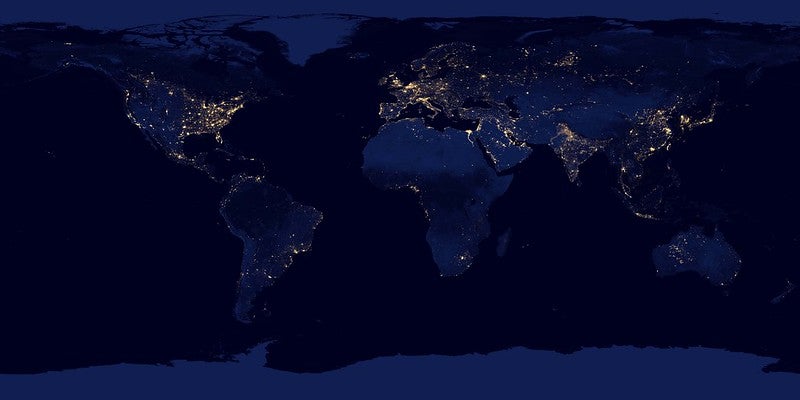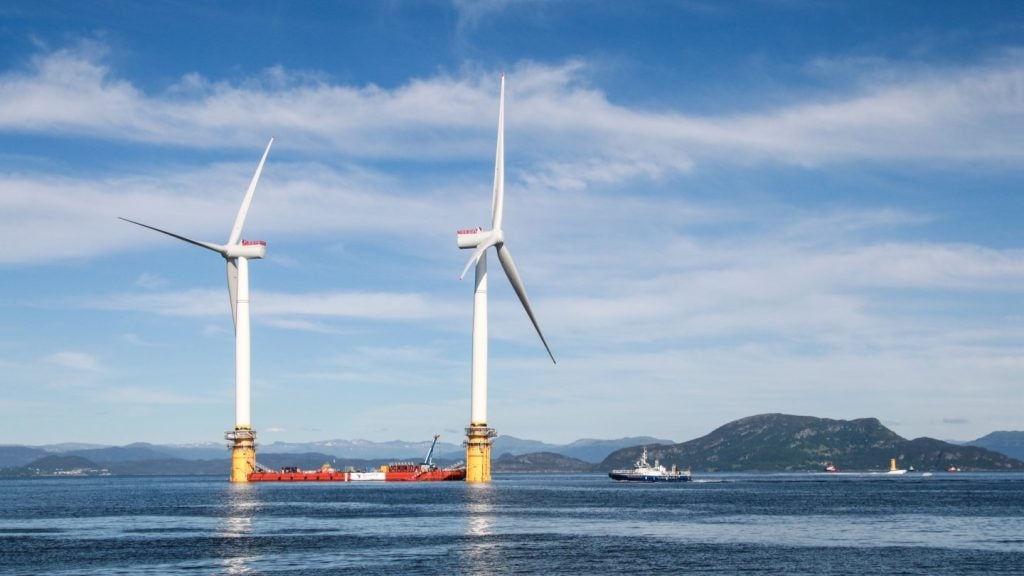
University of Leeds researchers have released the results of a study on global disparities in the use of energy. The study was conducted on 86 countries and showed a contrast between developed and developing nations.
Combining data from the European Union and the World Bank, researchers at the University of Leeds’s School of Earth and Environment calculated the distribution of energy footprints on a national and global scale.
They found that energy footprints grow with expenditure and are unevenly distributed, with the top 10% across all countries and classes consuming 20 times more energy compared with the bottom 10%.
In the UK, 20% of the population is within the world’s top 5% energy consumers alongside 40% of Germans and 100% of Luxembourg’s citizens.
In developing economies the numbers are notably lower; in China, only 2% of the population falls within the top 5%, while in India the percentage is 0.02%.
University of Leeds’s senior research fellow and the study’s co-author Anne Owen commented: “Our results demonstrate that we can measure the energy footprints of all kinds of goods and services, across the world, in a comparable way. This kind of research is very promising for modelling future distributional implications of climate and energy policies.
How well do you really know your competitors?
Access the most comprehensive Company Profiles on the market, powered by GlobalData. Save hours of research. Gain competitive edge.

Thank you!
Your download email will arrive shortly
Not ready to buy yet? Download a free sample
We are confident about the unique quality of our Company Profiles. However, we want you to make the most beneficial decision for your business, so we offer a free sample that you can download by submitting the below form
By GlobalDataEnergy inequality is also visible alongside class lines, researchers said. According to the data, the poorest 20% of the UK’s still consumes five times more energy than India’s bottom 84%, around one billion people.
University of Leeds ecological economics professor Julia Steinberger said: “There needs to be serious consideration to how to change the vastly unequal distribution of global energy consumption to cope with the dilemma of providing a decent life for everyone while protecting climates and ecosystems.”
The study also highlighted that energy inequality could double by 2050 if policy interventions and a reduction in consumption do not take place.
Owen added: “Growth and increased consumption continue to be core goals of today’s politics and economics. The transition to zero-carbon energy will be made easier by a reduction in demand, which means that top consumers will play an important role in lowering their excess energy consumption.”







